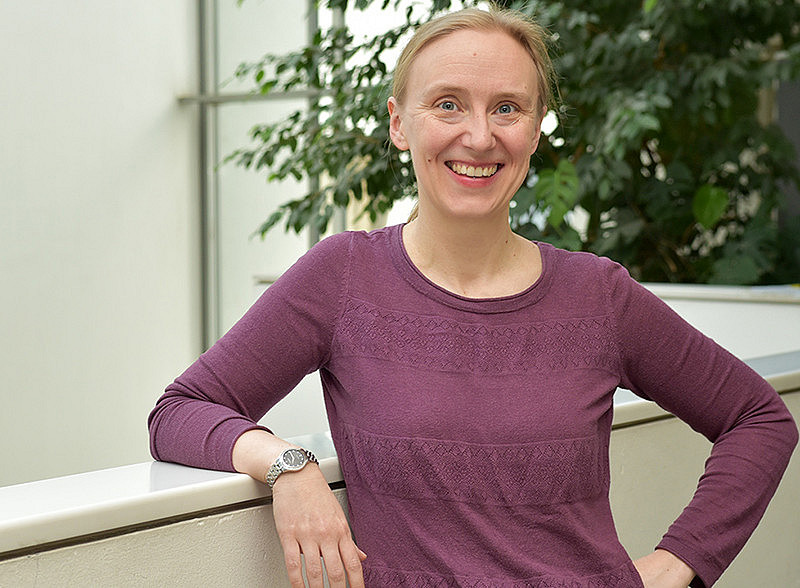Deaf children are at an educational disadvantage almost everywhere in Europe. If they do not learn sign language as their native language from an early age, they may lack the basis for another language - that of the hearing people around them. Those affected sometimes acquire this language with difficulty and therefore often have problems understanding written texts. Many of them only come into contact with sign language in their late teens or early adulthood.
In Wales, where I worked for four years and also made contact with other researchers, the situation is particularly difficult. No sign language interpreters are trained there - and the dialectal differences in British Sign Language (BSL) are so great that Deaf peple from different regions in Great Britain might not understand each other. Since the public sector invests a lot of money in promoting the Welsh language, there are hardly any resources left for BSL. Deaf people theoretically have the right to communicate in BSL, with the help of interpreters if necessary. However, BSL is only considered an aid, not a language. Many people believe that communication can work without help. The lack of awareness of language barriers is a particularly big problem in the medical field. Even making appointments with doctors is usually only possible by telephone.
In our research project, we want to improve the legal situation of deaf people and provide them with helpful resources - such as video translations of essential information that can be accessed via QR codes. We are also working on a dictionary of medical terms in the different Welsh variants of British Sign Language.
Sign language is - with a few exceptions - barely visible throughout Europe, there is a lack of awareness of the needs of Deaf people. In Styria, the situation is a little better than in Wales because we at least offer training in Austrian Sign Language (ÖGS) at the university. However, it would be perfect if there were bilingual kindergartens and schools where hearing and deaf people could learn ÖGS together. Bilingual teaching exists for English, but not for other languages. In general, the topic of domestic multilingualism is usually viewed very negatively. The attitude is that everyone has to speak German at a high level, and then perhaps another one or two foreign languages at a high level too. However, this in no way takes into account the existing diversity. A whole range of students' native language are not taught at schools. There is little appreciation and patience when children learn several languages at the same time and therefore acquire German not as fast as others. Few take into account the huge advantage that they master two or three languages fluently as adults. Too little consideration is given to this, too much attention is paid to the deficits.
In the case of sign language, we have to reach out to the deaf community and also learn their language, otherwise integration won't work. It would be great for everyone involved if this were to happen at bilingual schools. Much more could be done to make teaching multilingual, whether it's sign language, Turkish, Arabic or Serbian.
